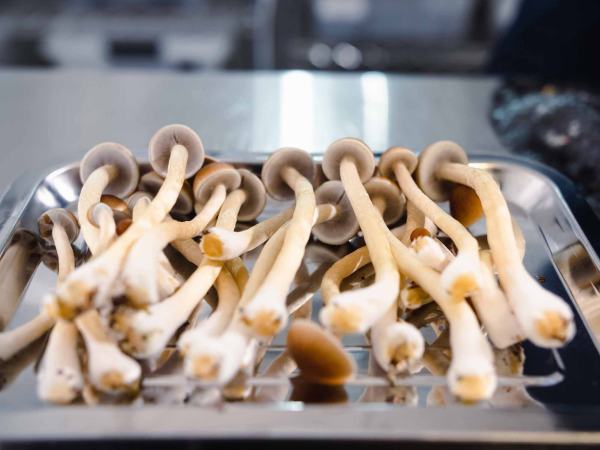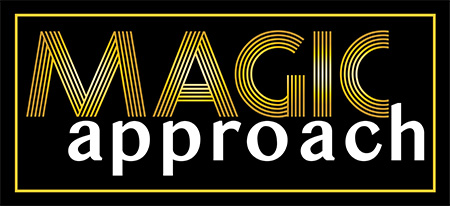Psychedelics Such as Magic Mushrooms Are Having a Moment. Can Science Keep Up?
News Source: Globalnews.ca
If you live in downtown Toronto, you might have seen a magic mushroom store nearby. These stores are popping up in many cities across Canada, suggesting that psychedelics could become more accepted.
People are becoming more open-minded about psychedelics like psilocybin, which is the active ingredient in magic mushrooms. Scientists are also becoming interested in studying how these drugs work and if they could help improve our health.
In Toronto, a group of researchers from the University of Toronto is doing a study on microdosing as a treatment for depression. This study is one of several happening in Canada to understand how psychedelics affect us. Rotem Petranker, who works at the university’s Psychedelics Studies Research Centre, is leading the study.
The study will last for about two months. Participants will take either psilocybin or a fake pill (placebo) for the first part, and then psilocybin for the rest of the time. The researchers chose a small dose of psilocybin, about 10% of what’s usually used in studies, to mimic how people use it in real life.

Some studies suggest that higher doses of psilocybin can change how the brain works, which might help with depression. But not much research has been done on microdosing, where people take small doses to see if it helps without causing strong effects.
There are stories from people who say microdosing psilocybin makes them feel more creative and happier. But there haven’t been many studies to confirm these effects. Researchers like Petranker are trying to find out if there’s a small dose of psilocybin that can make people feel better without causing problems.
One person, John Sayer, says microdosing psilocybin helped him deal with his PTSD. He had a device called an implantable cardioverter defibrillator (ICD) put in his chest after a serious accident. Then, five years ago, he was in another accident that left him with serious injuries. He says microdosing psilocybin has helped him manage his PTSD symptoms.
While Sayer isn’t part of the Toronto study, researchers hope their work can help people like him who are struggling with mental health issues.
“We want to be able to really help people that are suffering, and current treatments are not working for them,” says Petranker.
What We Know About Psychedelics
Psychedelic research started early in Canada, with a Canadian psychiatrist named Humphrey Osmond being the first to use the term “psychedelics.” He conducted LSD trials in Weyburn, Sask., hoping to understand psychosis better and to find treatments for alcoholism.
In the 1970s, when the U.S. banned psychedelic drugs, they became associated with counterculture, which affected research. But in the 2000s, Johns Hopkins University resumed psychedelic research, showing positive effects of psilocybin.
Since then, there’s been growing support for psychedelic research. The U.S. granted “breakthrough” status to MDMA and psilocybin, and Health Canada allowed doctors to use psychedelics for research and treatment. Alberta became the first province to regulate psychedelics for therapy.
Pharmaceutical companies like Filament Health in B.C. are producing psychedelics under strict guidelines. They focus on naturally derived psilocybin because it contains compounds believed to have beneficial effects on the brain.
Challenges Remain
As researchers study psychedelics again, they face challenges. Historical research is hard to find and doesn’t match today’s standards. Also, there’s a lack of government funding for psilocybin and other psychedelic drugs. Many studies are funded by private companies, which might affect the quality of science produced.
The University of Toronto study is still in its early stages, and more work needs to be done before results can be published. Depending on the findings, the next step will be to replicate the study’s results.


Leave a Reply